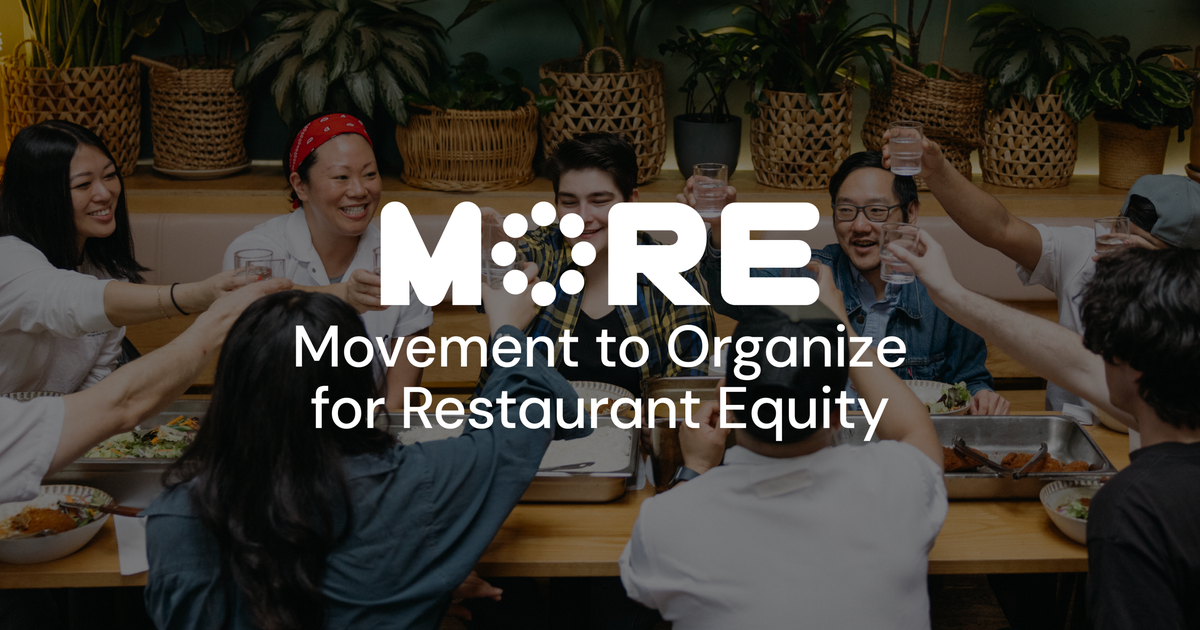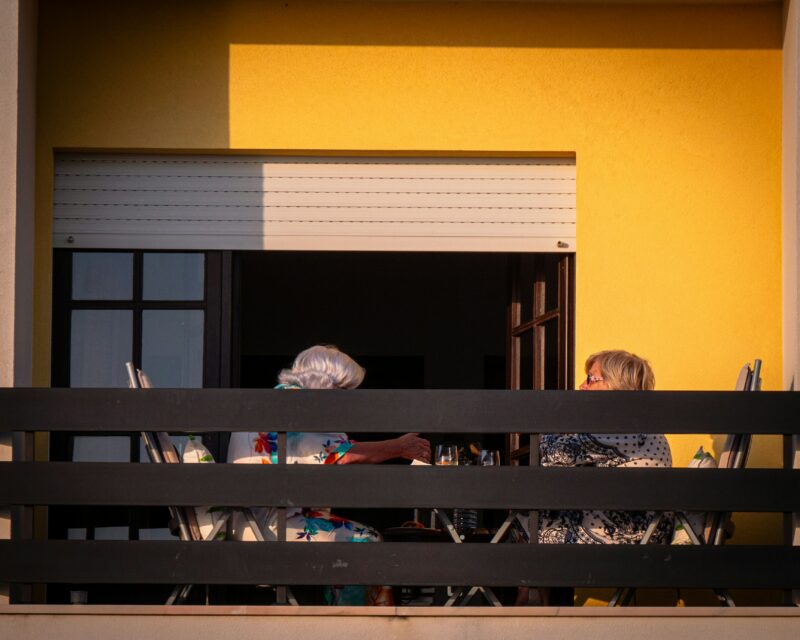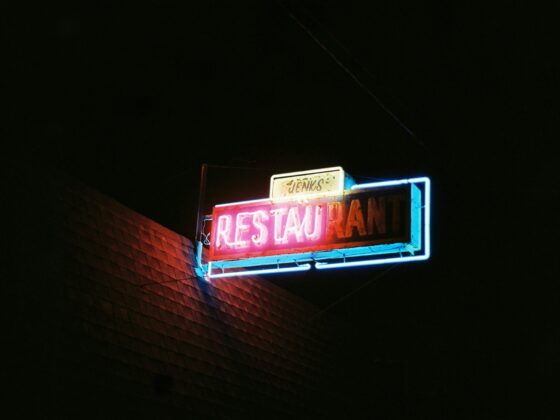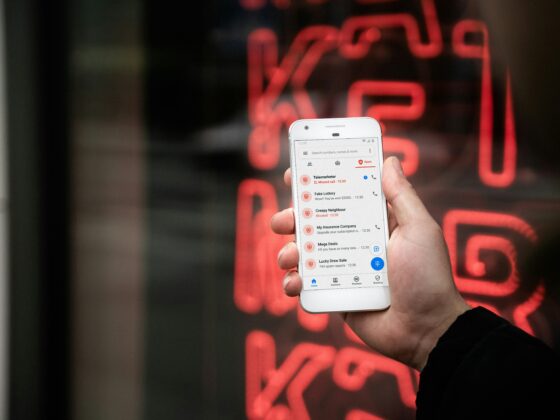
While the restaurant industry has no shortage of advocacy groups fighting for equity, many are siloed by region or focus. A new coalition, MORE (The Movement to Organize for Restaurant Equity) aims to unite them under one umbrella.
MORE is an invite-only “advocacy supergroup” currently comprised of 17 member organizations, including founding nonprofit partners, the James Beard Foundation, Women in Hospitality United, and Regarding Her.
Cofounders Mary Sue Milliken (James Beard award-winning chef and founder of Regarding Her in Los Angeles) and Liz Murray (COO at The Marlow Collective in Brooklyn) told Nation’s Restaurant News in a recent interview that the idea for a broader coalition emerged during the COVID-19 pandemic. The goal was to bring together organizations that champion women, people of color, and other underrepresented groups in the restaurant industry.
After years of brainstorming, making phone calls, and bringing other potential members on board, MORE officially launched following its first summit in Austin this February.
“Our members are already doing incredible work, but it was all happening in silos,” Murray said. “We’ve been focusing on trying to reduce those silos by creating a platform of relationships amongst all of these organizations so that they can have more intentional space to collaborate and expand programming. … We don’t need to reinvent the wheel. We need to look at the landscape of what exists and figure out how to amplify what’s already happening.”
MORE currently operates primarily in New York, Los Angeles, the Gulf Coast, and Chicago, with plans to expand nationally.
In addition to hosting the summit, the coalition is developing a worker advisory board and launching monthly workforce development meetings. The goal is to replicate and scale successful regional programs such as New York City’s Drive Change (culinary training for formerly incarcerated youth), Hot Bread Kitchen (job skills training for immigrant women), and Emma’s Torch (culinary training for refugees).
“I know I can cook really well, but I don’t know how to start a movement or manage a coalition,” Milliken said. “We’re raising money so that we can hire and once we get those hires on, I think our growth can be much faster, but we want to make sure that when we onboard a member, that they are able to engage quickly and see the results that this collaborative model can bring. That takes management, time, energy, and funding.”
As an umbrella organization, MORE’s partners tackle a variety of issues, including parental leave, mental health advocacy, economic advancement, and upward career mobility.
“As founders, we divide and conquer this work because there are so many places to start,” Murray said. “We know that 70% of the workforce are frontline workers, and of those, 70% want to advance in their own companies, but only 4% ever make it. The barrier to entry is very low, but the barrier to your first manager job is much higher. We have to address that broken rung problem.”
Contact Joanna at [email protected]








